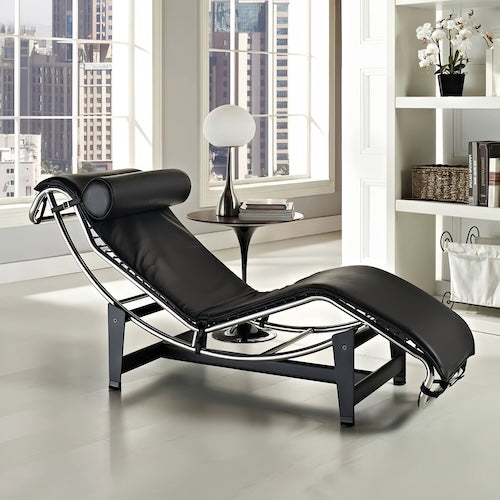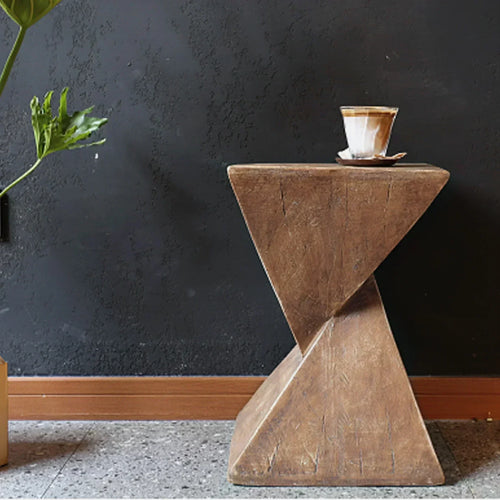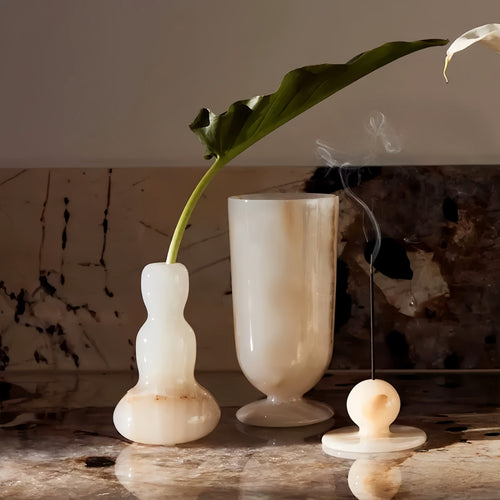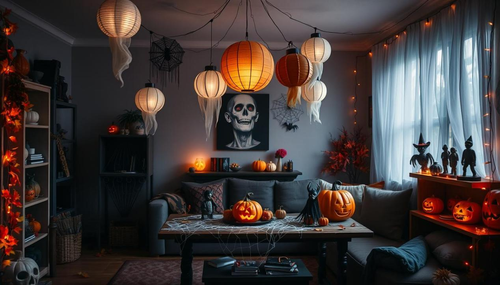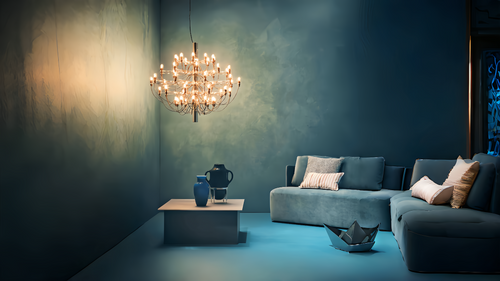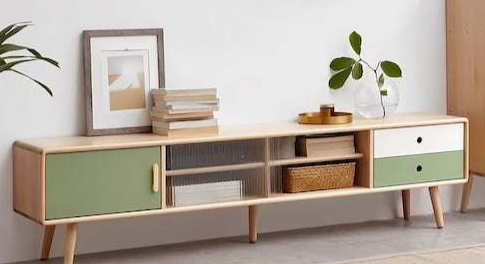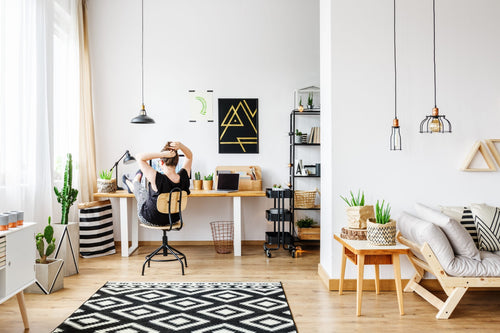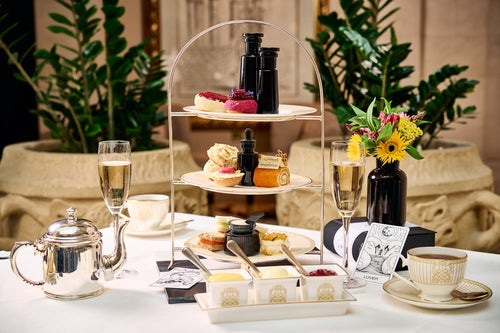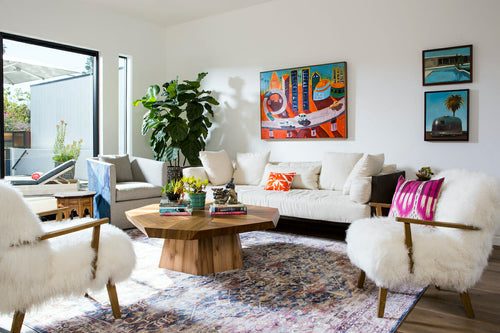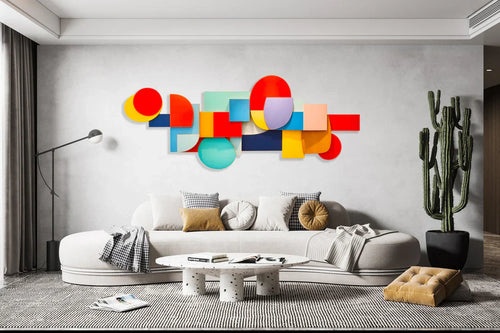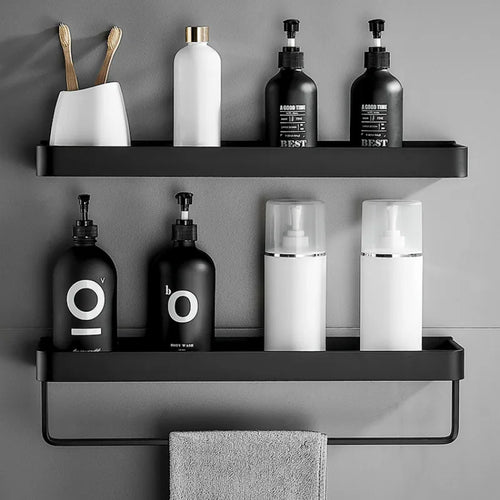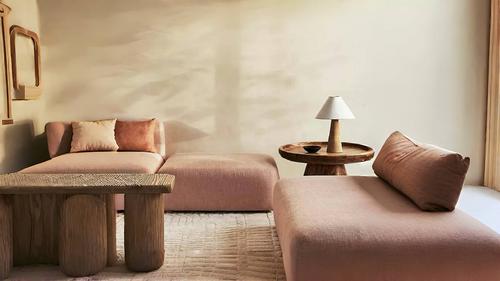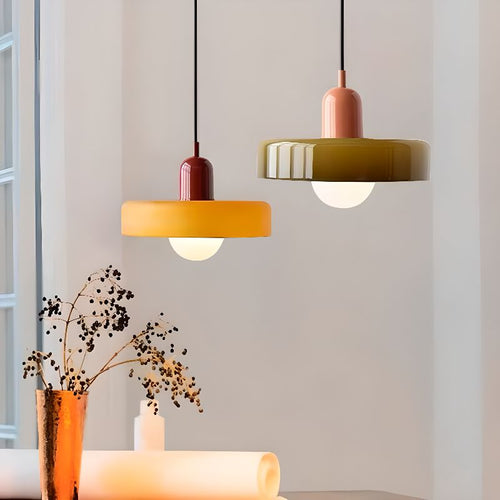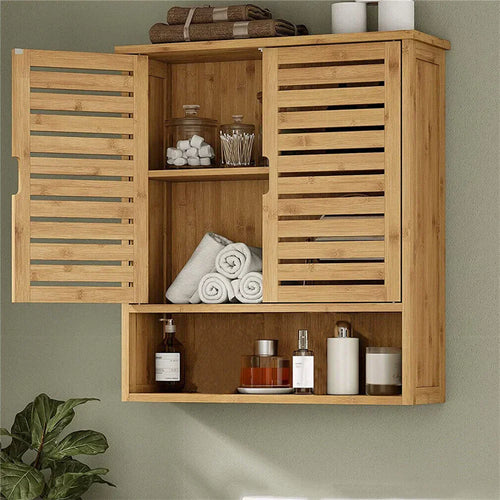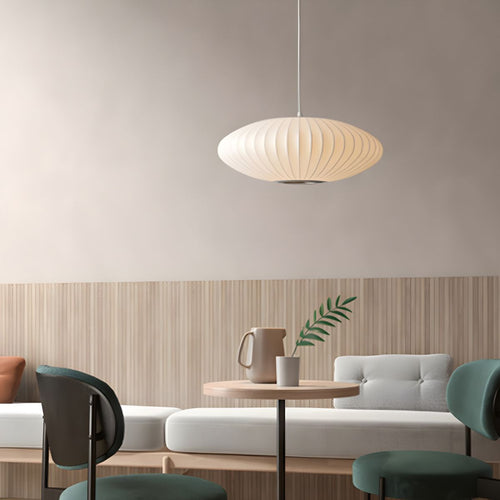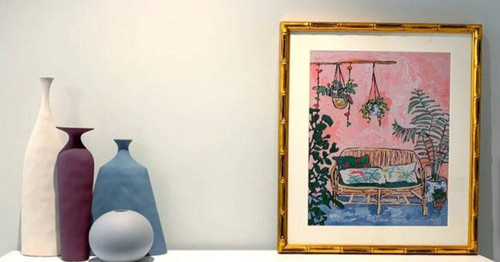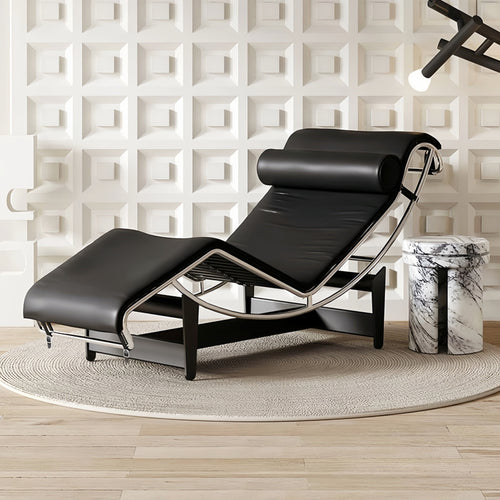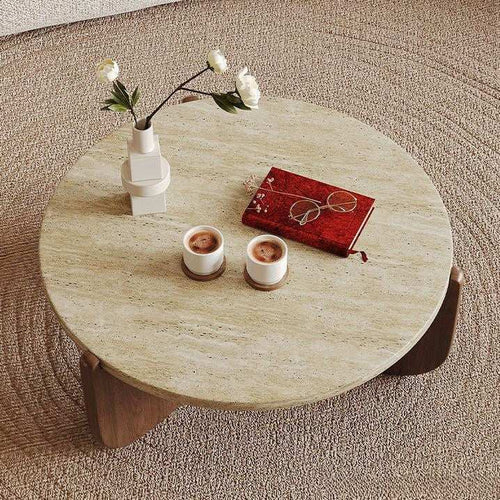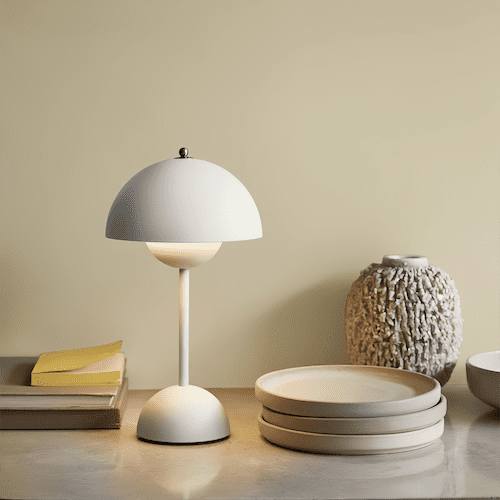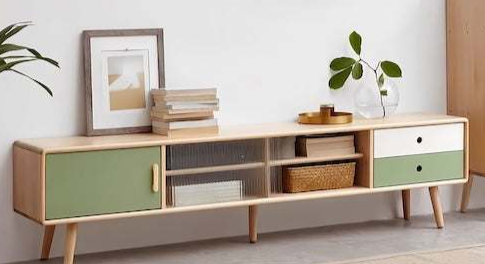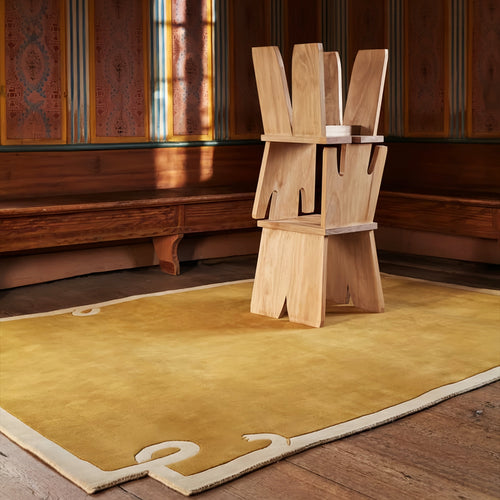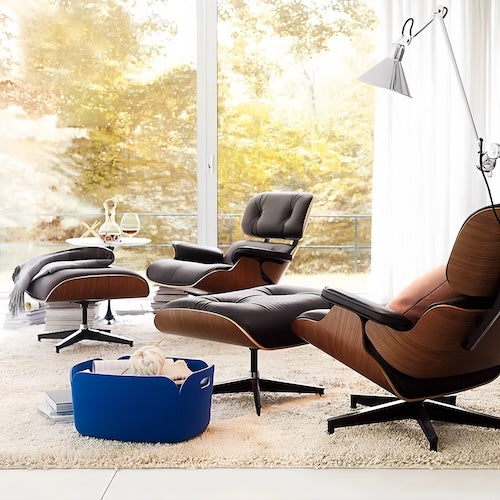Intimacy is a key part of a healthy relationship. It involves deep conversations, inquiry into your partner’s feelings, and affectionate physical touch.
Intimacy can be present in all kinds of relationships. From casual friends to married couples. It is also found in close family relationships. Having intimacy with a partner increases trust, reduces stress, and promotes bonding.

1. Unleash Your Inner Power
Intimate relationships are the cornerstone of a fulfilling life. They are a place to explore the many facets of oneself, develop a sense of belonging, and experience Eros. Intimate relationships are also pivotal for mental health, bolstering mood and combating feelings of loneliness. However, the desire to be close with others can come with a host of challenges. Many people feel apprehensive about intimacy, especially when it involves opening themselves up to potential hurt and loss. This is why it’s important to master intimate relationships and understand the key ingredients that make them successful.
To create a sense of intimacy in your relationship, it’s crucial to build trust and show that you care. This means being open about your thoughts and feelings and allowing your partner to do the same. It also means knowing that your partner is there for you emotionally and physically.
Physical affection, such as kissing, hugging, and holding hands, is strongly linked to a higher level of intimacy in a relationship. Moreover, a good dose of oxytocin helps couples bond and reduces stress levels. However, there are other ways you can build intimacy in your relationship, without sex. For example, doing new activities together can boost chemistry and enhance your bond. This can be as simple as exploring a new restaurant or reading the same book.
Lastly, it’s vital to recognise that your worth is not dependent on the approval of others. Intimate relationships should be a space for growth and learning, but not a place to compete with each other. It’s important to affirm your own worth on a regular basis, not as a boastful act but as a quiet acknowledgement of your inherent value.
It’s easy to fall into a pattern of focusing on the big issues in your relationship, like money and children, rather than addressing smaller concerns. However, this can prevent your intimacy from growing and will likely lead to frustration in the long run. It’s important to discuss the little things, such as how you’re feeling and what your goals for your future are.
2. Embrace Your Vulnerability
The most intimate relationships are the ones that allow you to share your most authentic self. In order to do this, you need to be vulnerable, and that can feel terrifying. It is common for people to avoid being vulnerable in their intimate relationships because they fear rejection or the possibility of someone using the information they have shared against them. However, being vulnerable can also be one of the most nourishing aspects of your relationship, as it allows you to connect on a deeper level.
Vulnerability requires courage, which can be especially challenging for those who are used to feeling in control of their own lives. According to researcher and author Brené Brown, vulnerability is actually the birthplace of love, belonging, joy, empathy, and creativity. Intimate connection is also a key element of emotional wellness. However, many of us find it difficult to be vulnerable in our intimate relationships because we equate vulnerability with weakness.

Sadly, we often learn to be guarded because of negative experiences as children. For example, if we were emotionally neglected or not supported by our carers, we may develop insecure attachment patterns and a fear of intimacy. Additionally, we may have experienced betrayal in our past relationships, which can reinforce our belief that being vulnerable is dangerous.
As adults, it can be difficult to overcome these feelings of vulnerability because we are not only responsible for our actions but also the emotions that we experience. Nevertheless, it is possible to work towards being more vulnerable. You can start by focusing on yourself and embracing your true emotions, even the painful ones. Practicing mindfulness, practicing self-compassion, and taking time in nature are some good ways to explore your emotions and gain acceptance of them.
When you are ready to open up and be vulnerable with your partner, try expressing how much you care about them and sharing something personal that is important to you. You can also practise being more affectionate by allowing your partner to physically hold you or giving them a kiss when they are not expecting it.
3. Be Your Own Best Friend
The best way to master intimate relationships is by learning to be your own best friend. It might sound nutty, but building a positive relationship with yourself is life-changing and will make it easier to navigate the bumpy curveballs that come your way in life.
Being your own best friend means that you can talk to yourself about anything. You can comfort yourself when you feel sad or frustrated. You can also turn to yourself for advice and support when things are going well. It is important to practise mindfulness and self-care in order to build a strong bond with yourself. You can do this by making a daily habit of setting aside time for yourself and practising breathing techniques. For example, try placing your hand over your heart area and breathing in for a count of five and out for a count of seven, three times. This will help to calm your body and mind so that you can connect with yourself on a deeper level.
Whether you’re stewing over a failed project or landing on cloud nine, it’s essential to have someone with whom you can share your experiences and feelings. This person often comes in the form of a trusted friend or family member, like your mother. A best friend is a ray of light that guides you through the darkest hours and believes in you even when nobody else does.
Such closeness is not only a necessary component of a happy marriage, but it’s also important for a healthy romantic relationship and other types of partnerships. Intimacy is not just about sex and romance, but it can also involve emotional intimacy, physical closeness, and feelings of trust and safety.
This wisdom was shared by Mildred Newman and her husband, Bernard Berkowitz, married psychoanalysts, in their 1971 classic book, How to Be Your Best Friend. Millions of people have found inspiration in this profoundly enlightening and powerful book. It is an excellent resource for anyone who wants to learn how to love themselves, comfort themselves when needed, and believe in themselves when no one else does.
4. Trust Yourself
When it comes to trust in intimate relationships, there are a few different levels that we must master. One of the most important is being able to trust yourself. If you aren’t able to trust yourself, you can’t trust anyone else. Luckily, self-trust is something that can be learnt, and it starts with learning to love yourself.
Intimate relationships aren’t just about sex; they also involve emotional closeness and bonding. When you trust yourself, it’s easier to share your vulnerable side with others and feel cared about. This support can be from friends, family members, and even a partner. Intimate relationships are a vital part of our lives, but they can be difficult to navigate. This is because there are so many factors that can impact a relationship, and some of them may be hidden.
Oftentimes, we aren’t even aware of our fears around intimacy, but they can have a huge impact on the way we experience life. For instance, you may have a fear of intimacy that manifests in the form of social anxiety, avoidance, or low self-esteem. If you notice a pattern like this in your own life, it’s important to work with a therapist or mental health professional to find the source of your discomfort.
Once you’ve identified the root cause of your intimacy struggles, it’s time to get to work on healing them. Intimacy in any relationship is all about trust and mutually beneficial communication. To create trust, it’s necessary to know how to communicate openly and honestly with yourself and your significant other. Letting go of the need to be perfect and accepting that mistakes are okay (as long as they don’t hurt someone) is a good start.
Another part of being able to trust yourself is having a healthy body and mind. Being mindful of your diet and exercise will help you keep your emotions balanced. It’s also important to practise self-care and have healthy boundaries so that you can stay safe from physical, mental, and emotional harm. Lastly, it’s essential to learn how to listen to your gut instinct and honour the voice in your head that knows what’s best for you.
Just as you’re on a journey to unleash your inner power in relationships, understanding certain concepts can further fortify your personal strength. If you’re eager to enhance your resilience and self - confidence, check out this insightful blog Understanding These 12 Phrases Will Make You Stronger that reveals 12 phrases which, when grasped, will make you stronger.
How to Build an Intimate Relationship
In the bustling era of self - discovery, we’re all on a quest to unleash our inner power and master those precious intimate relationships. And guess what? Your humble abode, with its lighting, furniture, and decorative goodies, can be the secret weapon in this romantic conquest. Let’s embark on a journey to transform your living space into a love - filled haven.

Lighting: The Mood Magician
Ah, lighting! It’s not just about seeing where you’re going; it’s about setting the stage for those heart - to - heart chats and tender moments. Picture this: you’ve had a long, tiring day at the office, and you come home to a room bathed in the warm, golden glow of a traditional British table lamp. It’s like a gentle hug from the inside out.
Take the Georgian - style wall sconces, for example. With their elegant curves and soft, diffused light, they’re like little fairies casting a spell of tranquility. They turn your ordinary living room into a cozy nook where you and your beloved can snuggle up, sharing stories and dreams as if the outside world doesn’t exist. It’s as if the light is whispering sweet nothings into your ears, calming your nerves and opening your heart to deeper connections.
And then there are the fairy lights. String them up around your bed, and suddenly, you’re in a magical wonderland fit for a king and queen of love. These twinkling lights add a touch of whimsy and playfulness to your space, perfect for those light - hearted evenings when you just want to laugh and be silly with your partner. They’re the spark that ignites the flames of passion, making every moment in your home feel like a romantic adventure.
Furniture: The Space Alchemist
Furniture isn’t just about having a place to sit or sleep; it’s about creating a space where love can thrive. Let’s talk about the Chesterfield sofa. This iconic British piece is like a fortress of comfort and style. Its deep, button - tufted seats and rolled arms invite you and your partner to sink in and get lost in each other’s company. It’s the kind of sofa where you can have long, uninterrupted conversations, your legs intertwined, as you gaze into each other’s eyes.

A four - poster bed, on the other hand, is a statement of luxury and intimacy. With its elegant posts and flowing curtains, it creates a private, cocoon - like space where you can escape the world and focus on each other. It’s like having your own little love nest within your home. As you climb into bed at night, the curtains can be drawn shut, creating a sense of seclusion and safety, allowing you to fully relax and connect on a deeper level.
And don’t forget about the dining table. A solid, oak dining table is the heart of the home, a place where families and couples come together to share meals and create memories. Set the table with fine china and candles, and you’ve got a recipe for a romantic dinner date right in your own kitchen. It’s where you can clink glasses, share a delicious meal, and engage in lively conversation, strengthening the bond between you and your partner.
Decorative Items: The Emotion Whisperers
Decorative items are the silent storytellers of your home, each one carrying a unique message and emotion. A vintage portrait on the wall can transport you and your partner back in time, sparking conversations about history, art, and the stories behind the painting. It’s like having a little slice of the past in your present, adding depth and character to your relationship.
A set of scented candles can work wonders for your mood. Choose a lavender - scented candle, and it’s like taking a mini - vacation to a peaceful lavender field. The gentle aroma fills the air, relaxing your mind and body, and creating a serene atmosphere for a romantic evening. As you sit together in the flickering light of the candle, the stress of the day melts away, and you’re left with nothing but each other’s company.
And then there are the family photos. Display them in beautiful frames around your home, and they become a visual reminder of all the wonderful times you’ve shared together. Every time you pass by a photo of your first date or a memorable vacation, it brings a smile to your face and a warm feeling to your heart. These photos are the threads that weave the tapestry of your relationship, reminding you of the love and joy you’ve experienced together.
In conclusion, your home is more than just bricks and mortar; it’s a canvas for love. By carefully choosing your lighting, furniture, and decorative items, you can create a space that nurtures your intimate relationships and helps you unleash your inner power in the age of self - discovery. So go ahead, transform your home into a love - filled paradise, and watch as your relationships blossom.






